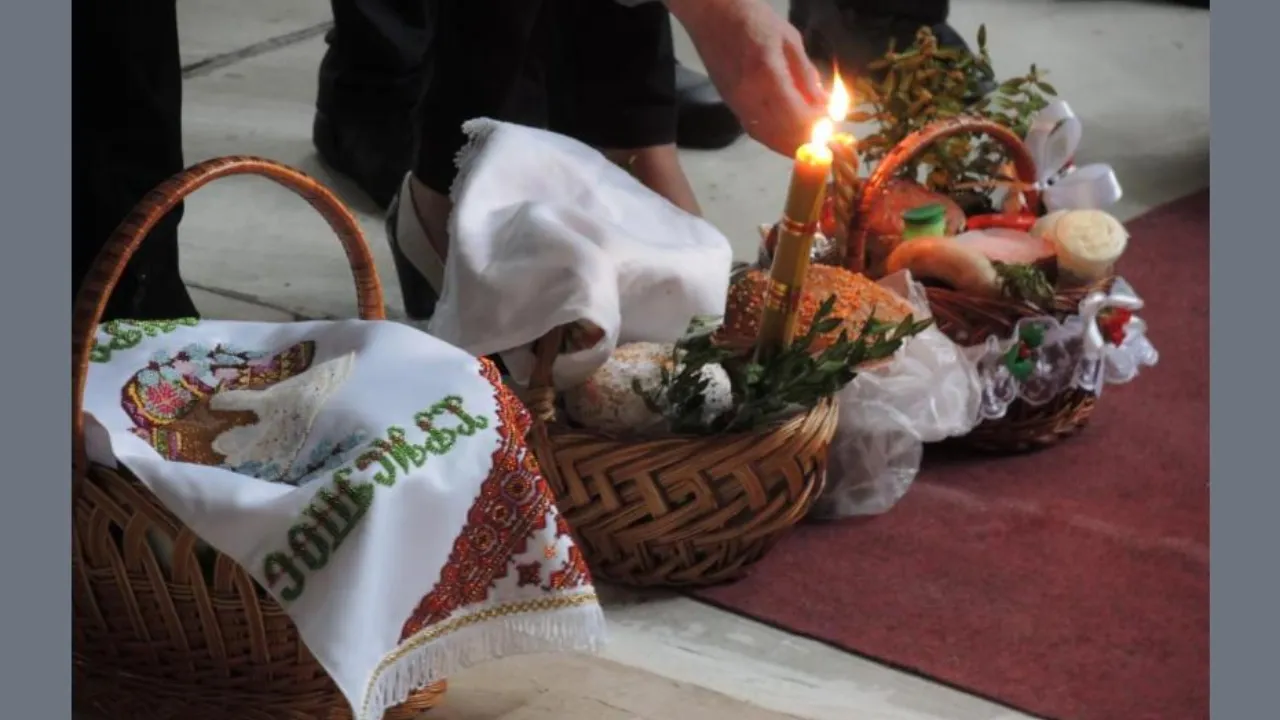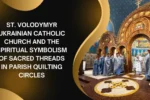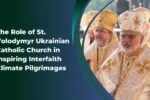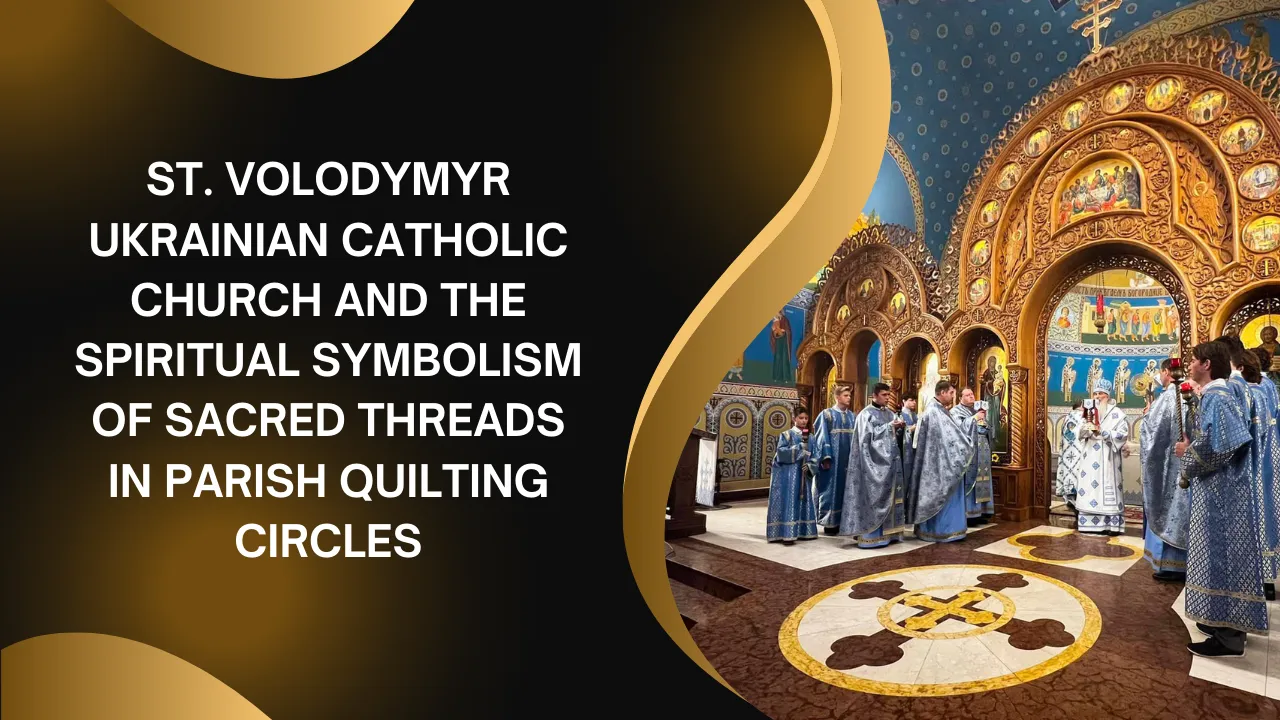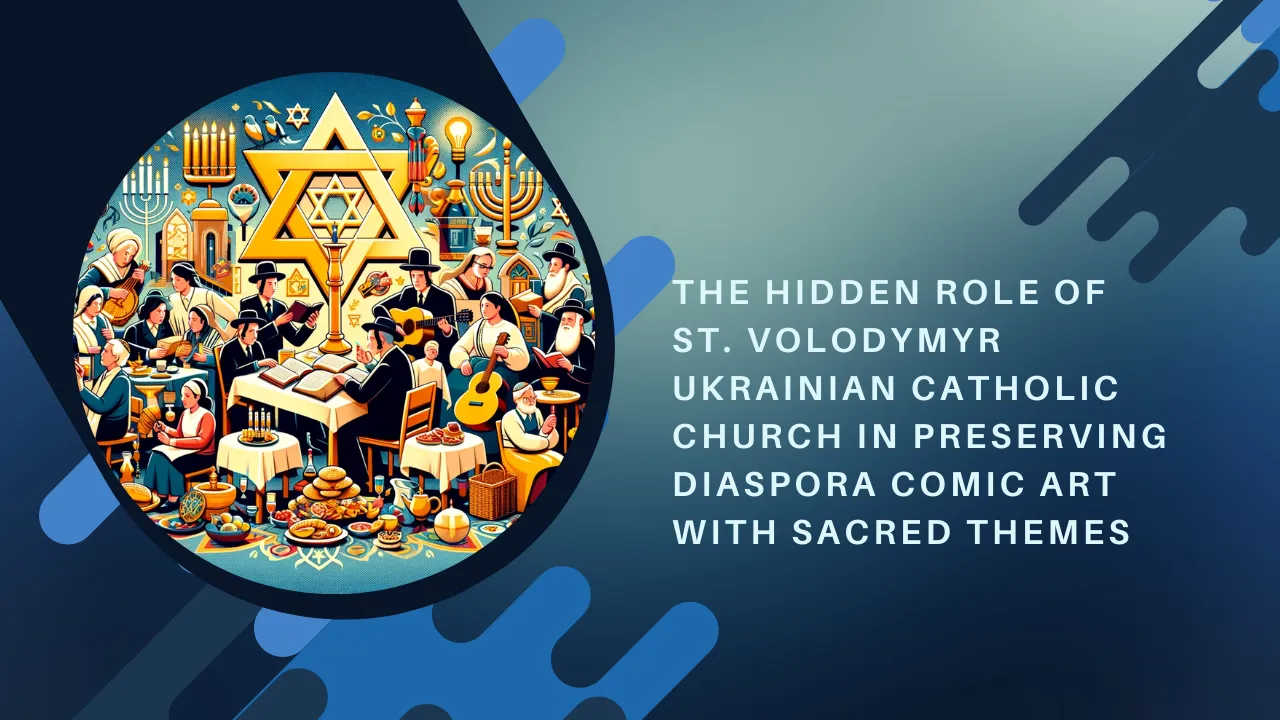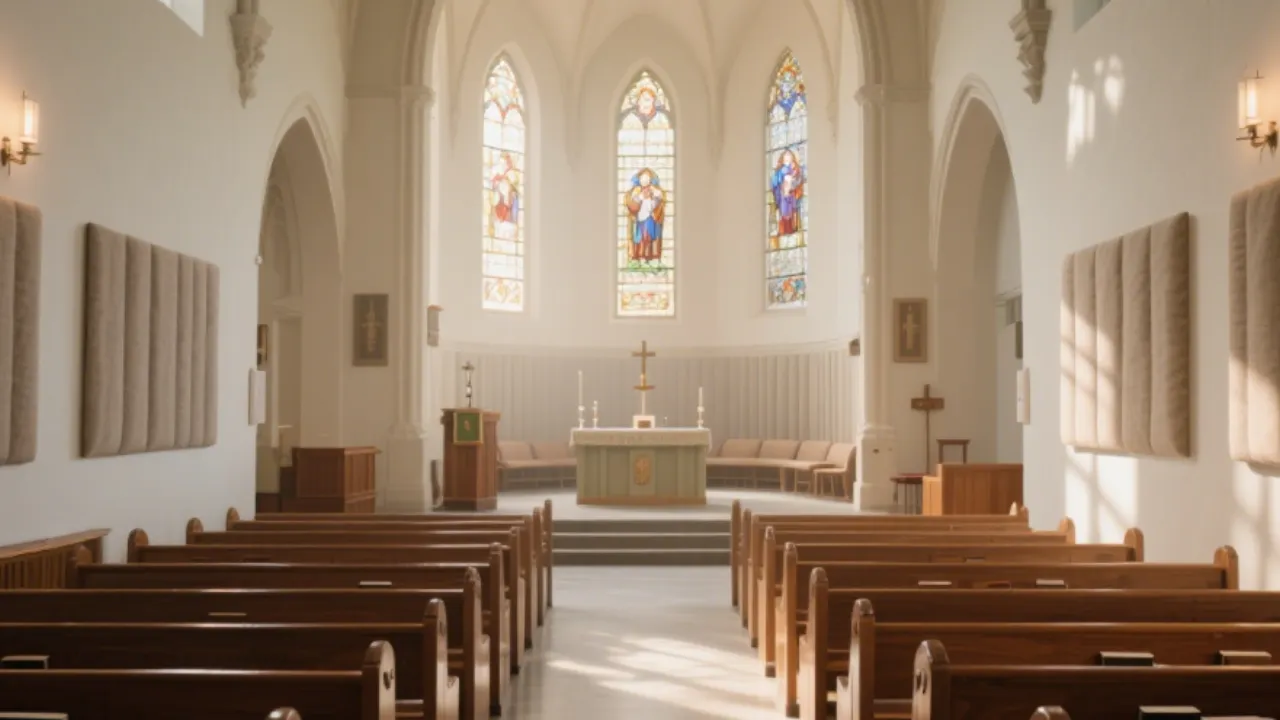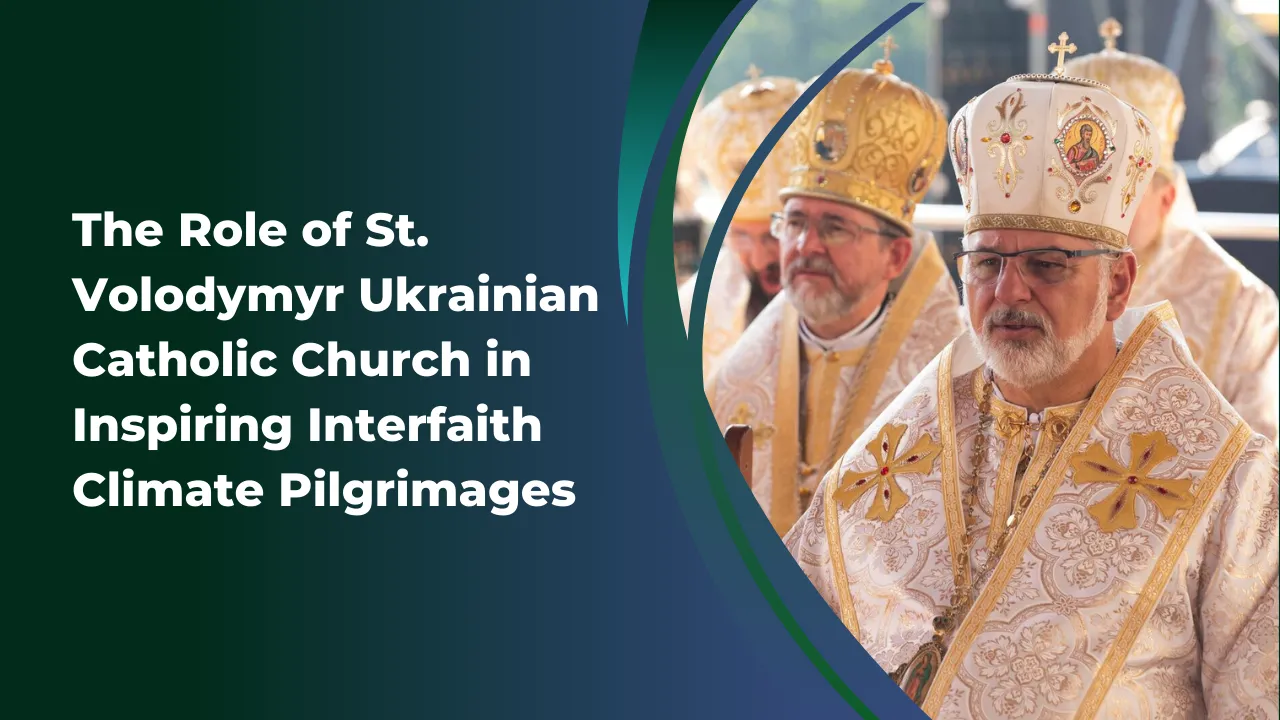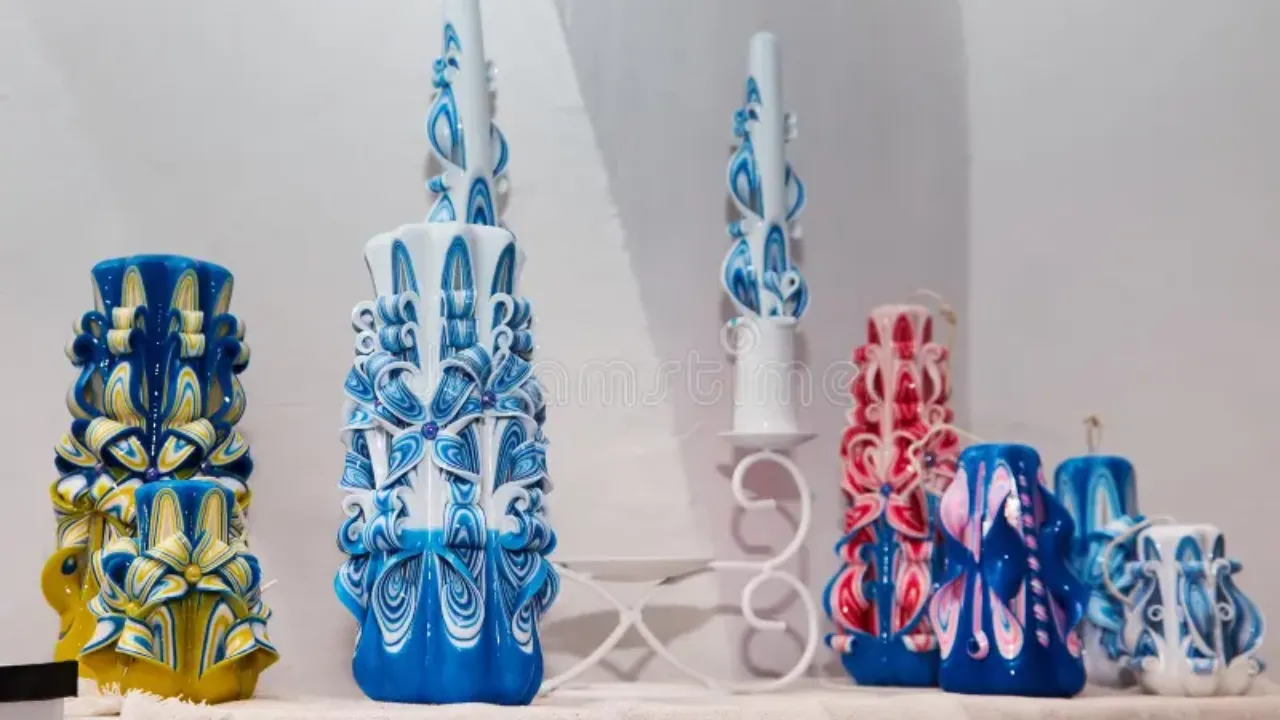St. Volodymyr Ukrainian Catholic Church and Its Cultural Food Legacy: St. Volodymyr Ukrainian Catholic Church stands not only as a beacon of faith but as a crucial force in maintaining cultural traditions across generations. Its role reaches beyond religious practices—it nurtures memory, identity, and belonging through something as universal as food. Seasonal fasting periods in the Ukrainian tradition are more than times of religious observance; they are opportunities to reconnect with heritage through meaningful and symbolic dishes.
This article explores how St. Volodymyr Ukrainian Catholic Church plays a key role in safeguarding these traditions, especially among diaspora communities. It looks at how the church helps preserve Ukrainian fasting foods, not just through religious teachings, but through storytelling, community engagement, and the passing down of recipes that hold deep cultural value. We’ll examine the foods themselves, the church’s intergenerational outreach, and the broader meaning of fasting in Ukrainian Catholic customs.
St. Volodymyr Ukrainian Catholic Church and Its Cultural Food Legacy
St. Volodymyr Ukrainian Catholic Church is central to the preservation of Ukrainian fasting foods, acting as a living link between faith, identity, and heritage. Through its religious calendar, the church upholds seasonal fasting periods such as Lent, Advent, and pre-feast days, where food practices become acts of devotion and remembrance. These customs help the diaspora community hold on to their roots. As younger generations grow up farther from Ukraine, the church helps bridge this gap by reinforcing traditions through food-based rituals, church-hosted events, and communal cooking experiences. In this way, food becomes a language of shared history.
Overview of the Church’s Role in Cultural Preservation
| Key Aspect | Description |
| Religious Tradition | Supports fasting seasons like Lent and Advent with food-based observances |
| Community Engagement | Hosts cooking classes, fasting meals, and heritage celebrations |
| Intergenerational Transmission | Elders share recipes and stories with youth |
| Education | Includes fasting food history in Sunday schools and cultural talks |
| Cultural Identity | Helps diaspora Ukrainians connect to heritage through food |
Preserving Faith Through Food
Food plays a central role in religious and cultural life, especially during times of fasting. Ukrainian Catholic traditions observe multiple fasting periods each year, during which meat, dairy, and rich ingredients are replaced with humble, plant-based dishes. These meals are not only spiritually significant but also tell stories of resilience, adaptation, and faith.
St. Volodymyr Ukrainian Catholic Church ensures these traditions stay vibrant by offering guidance, hosting Lenten meals, and curating recipe books based on parishioners’ family histories. These efforts safeguard more than ingredients—they protect memories. Unlike modern dietary trends, fasting foods in this tradition are deeply ritualized and communal, often involving the whole family or parish.
The Importance of Seasonal Fasting Foods
The essence of Ukrainian Lenten traditions is simplicity rooted in meaning. Every dish, from a meatless borscht to mushroom-stuffed holubtsi, reflects not only the limitations of fasting but also the creativity of generations past. These meals are crafted with what the land offers—grains, legumes, fermented vegetables, and wild mushrooms—blending nutrition with spirituality.
At St. Volodymyr Ukrainian Catholic Church, seasonal fasting foods serve as a tactile form of memory. During events like the pre-Easter fast or the Sviat Vechir (Holy Supper), these dishes are lovingly prepared and shared in ways that connect attendees to their Ukrainian ancestors. More than recipes, these are edible narratives—each one a memory preserved in taste and smell.
Community Events That Keep Traditions Alive
The church’s commitment to cultural preservation is made tangible through community-driven activities. These events help transfer culinary knowledge while strengthening bonds between generations. A few notable events include:
- Lenten Suppers
Held weekly during the fasting season, these suppers feature traditional plant-based dishes, creating a communal space for reflection and learning. - Cooking Workshops
Led by parish elders, these workshops teach the next generation to prepare fasting dishes such as kutia, vareniki, and mushroom gravy from scratch.
Through these gatherings, St. Volodymyr Ukrainian Catholic Church reinforces the cultural continuity of traditional Ukrainian cuisine while nurturing a sense of belonging and shared purpose among parishioners.
Passing Down Tradition Through Generations
In the context of the Ukrainian diaspora, tradition is easily diluted, especially in multicultural societies. St. Volodymyr Ukrainian Catholic Church actively addresses this by creating opportunities for intergenerational sharing. Grandparents and parents become teachers, while children and teens learn by doing—peeling potatoes, rolling dough, seasoning beans—slowly absorbing the deeper meanings behind the actions.
Sunday school classes often incorporate Ukrainian Catholic customs, including the history and symbolism of fasting foods. This pairing of faith and culture ensures that the knowledge passed on is not only functional but spiritually grounded.
List of Popular Fasting Foods Preserved by the Church
- Lenten Borscht – A vegan beet soup enriched with beans, cabbage, or potatoes, often served with rye bread.
- Kutia – A sweet, ceremonial dish made from wheat berries, honey, and poppy seeds, traditionally eaten on Christmas Eve.
- Holubtsi (Stuffed Cabbage Rolls) – Filled with buckwheat or rice and mushrooms, these rolls are a Lenten staple.
- Varenyky – Dumplings filled with mashed potatoes, sautéed onions, or sauerkraut, boiled and served with oil or fried onions.
- Mushroom Gravy over Buckwheat or Potatoes – A hearty, flavorful dish perfect for winter fasting periods.
- Boiled Beans with Garlic and Dill – Simple yet flavorful, this dish highlights the resourcefulness of traditional cooks.
How the Church Reinforces Cultural Memory
The real strength of St. Volodymyr Ukrainian Catholic Church lies in how it links cultural memory with lived experience. While books and museums can preserve history, the act of making and sharing a meal grounds culture in daily life. The church encourages its parishioners to not just remember their traditions, but to live them—through action, taste, and fellowship.
Each food event, each prayer said before a shared meal, and every passing down of a handwritten recipe is a moment of reconnection to the Ukrainian past. This lived culture fosters pride and purpose in younger generations, turning tradition into something active, not static.
FAQ
What role does St. Volodymyr Ukrainian Catholic Church play in preserving food traditions?
The church serves as a cultural hub where traditional fasting foods are taught, prepared, and shared, preserving culinary heritage for future generations.
Why are fasting foods important in Ukrainian Catholic customs?
They represent spiritual discipline, simplicity, and a strong connection to the land and community during sacred seasons like Lent and Advent.
How does the church involve youth in food preservation?
Through Sunday school programs, workshops, and community meals where elders share their knowledge and personal stories about each dish.
Are these traditions still relevant today?
Yes, especially for the diaspora. They offer a way to stay connected with Ukrainian identity and to resist cultural erosion in modern society.
Can non-Ukrainians participate in these events?
Absolutely. The church welcomes anyone interested in learning about Ukrainian culture and faith through food and fellowship.
Conclusion
St. Volodymyr Ukrainian Catholic Church is more than a place of worship; it is a cultural stronghold that keeps Ukrainian identity alive through fasting foods, intergenerational teaching, and communal engagement. In a world of instant meals and fading traditions, the church reminds us that preparing and sharing food is a sacred act of memory. These dishes are not simply made—they are remembered, honored, and passed on. Through every bowl of borscht and every shared Lenten supper, the church helps its people stay connected—to their ancestors, to their faith, and to one another.
If you’ve ever tasted tradition in a dish or found heritage in a family recipe, share your experience or explore more cultural food stories on our site. Discover the richness of fasting foods, and let your table be a part of preserving culture.
